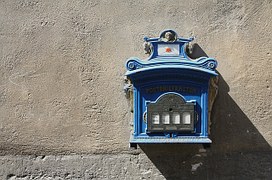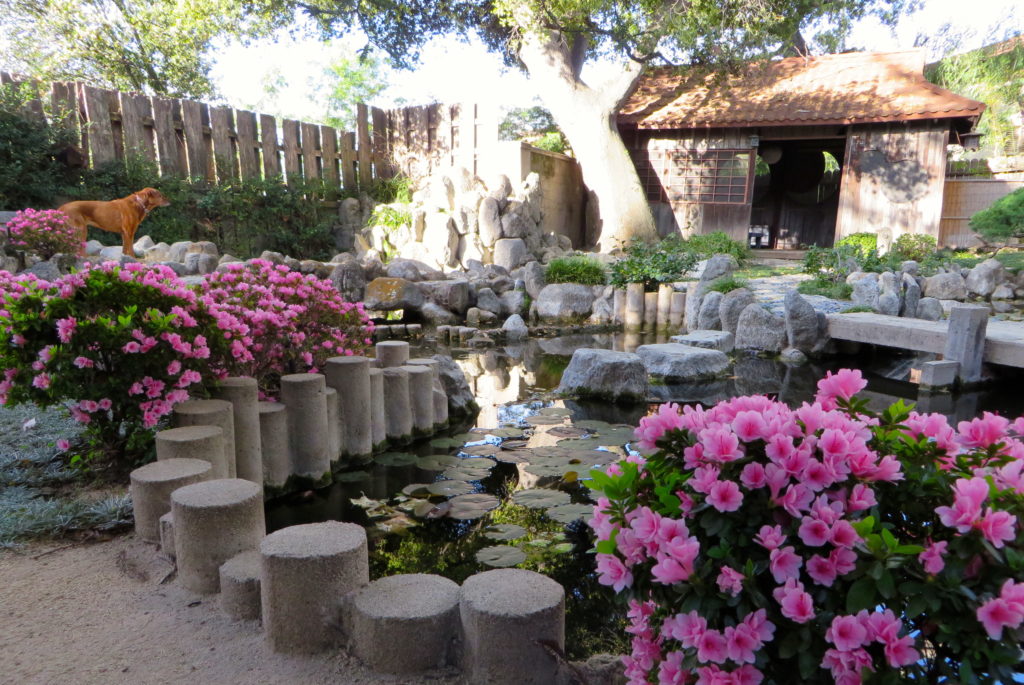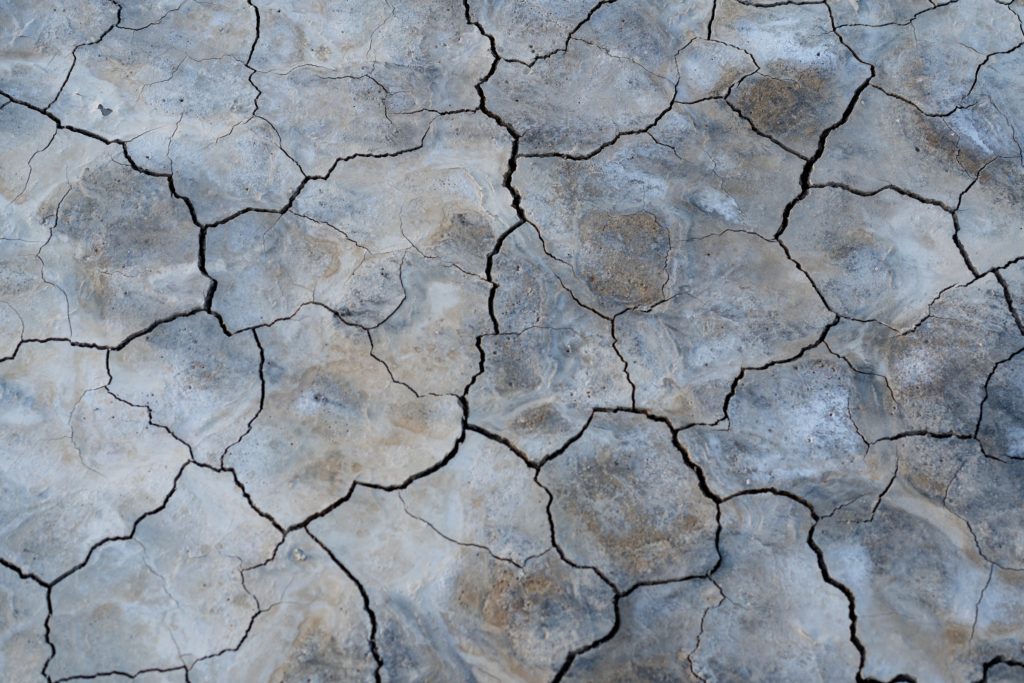
Those who have the strength and the love to sit with a dying patient in the silence that goes beyond words will know that this moment is neither frightening nor painful, but a peaceful cessation of the functioning of the body. — Elisabeth Kubler-Ross
I was bringing in the garbage cans when I saw my next-door neighbor crouched in his front yard pulling a tuft of grass.
It’s half dead, I said to him, which might not have been true about the grass but was certainly true about a lot of other things. So I said it.
I just can’t seem to get the sprinklers right, he said. We’re thinking about taking it all out.
The ground was bare in spots, and although our neighbor’s patch of grass is small, I understood where he was going. It’s a stage of grief. A late stage.
That’s how I feel about the garden, I said. So much of it is dying.
He looked up. What’s the good news?
We were warned.
I heard a story on the radio the other day about the dire impact of climate change in the western U.S., specifically the southwest. The expert being interviewed said that the current drought and water shortage wasn’t just about seasonal temperature or rain but about a third, larger transformation at work: aridification, the long and irreversible process of drying out. Or maybe it’s dying out.
I happened to hear this report on the drive back from a few weeks of sitting in silence, and when I came home the truth of things rang out to me in the shriveled stalks, burnt leaves and bright yellow slope of dying mondo in the backyard. I’ve been seeing this happen in inexplicable bits for quite some time, seeing but not quite seeing, disbelief holding sway, as it does, past the point of no return.
And so I sit, even as I walk and weed and sweep and weep, but there is no hurry because I have no answers or questions, nothing to add, nothing to say. I don’t write much. I don’t do much. I am letting go, which is the unburdened love of the one left behind, the peace that passes human understanding.
Photo by Kelsey Dody on Unsplash

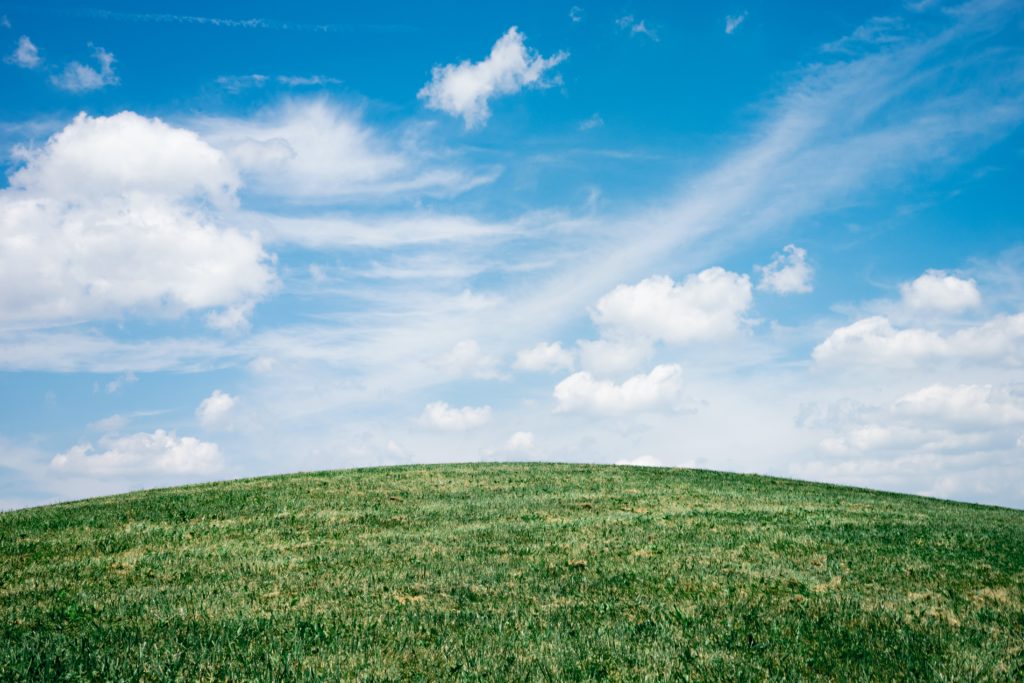
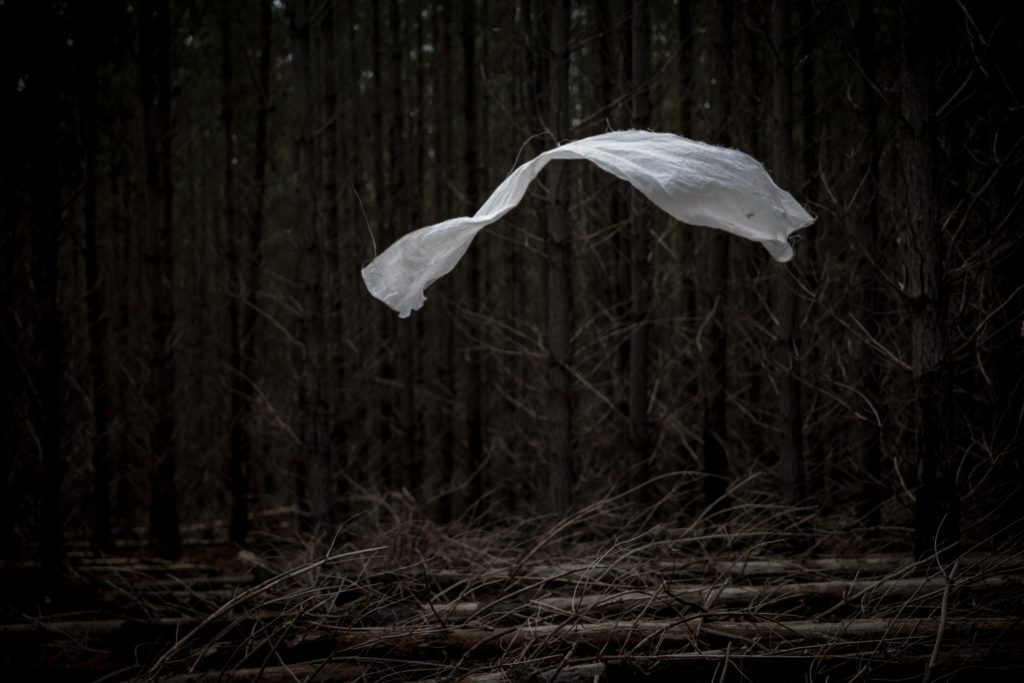

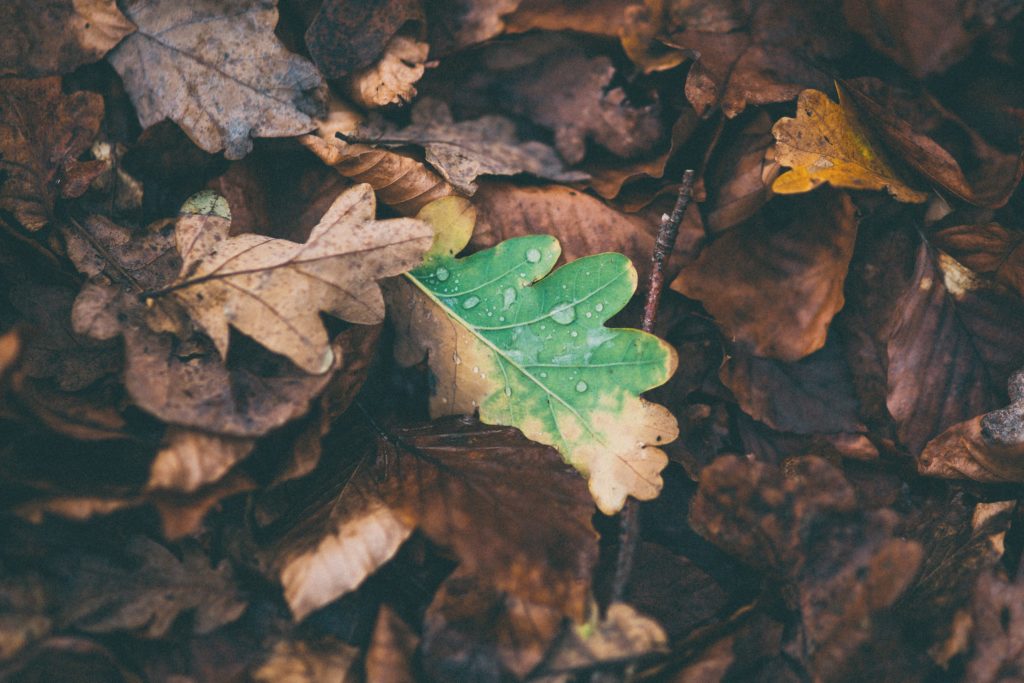
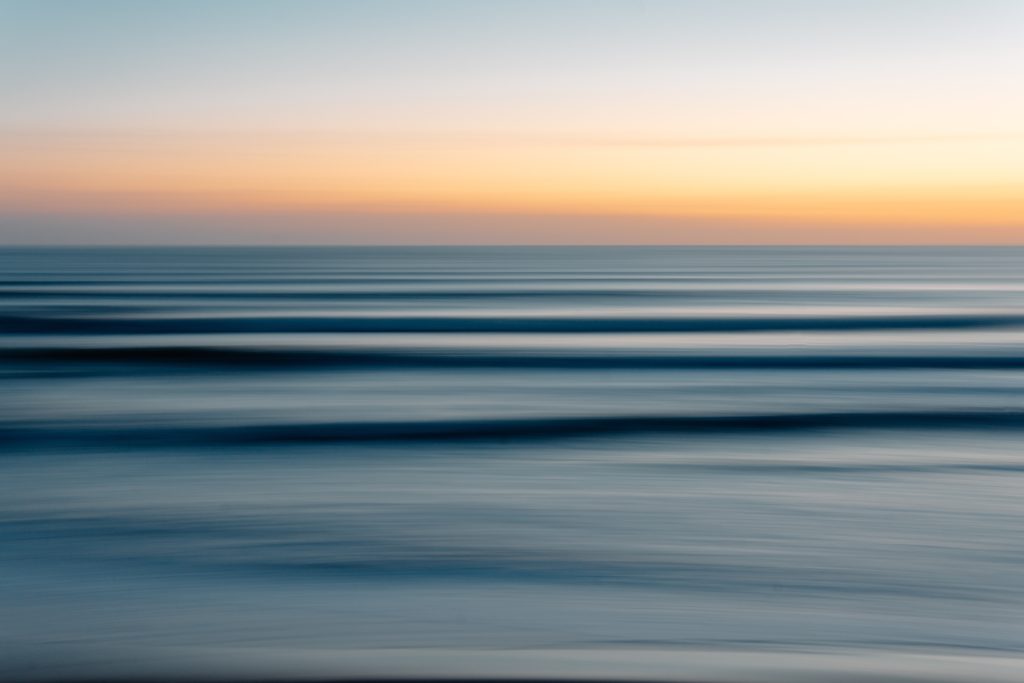
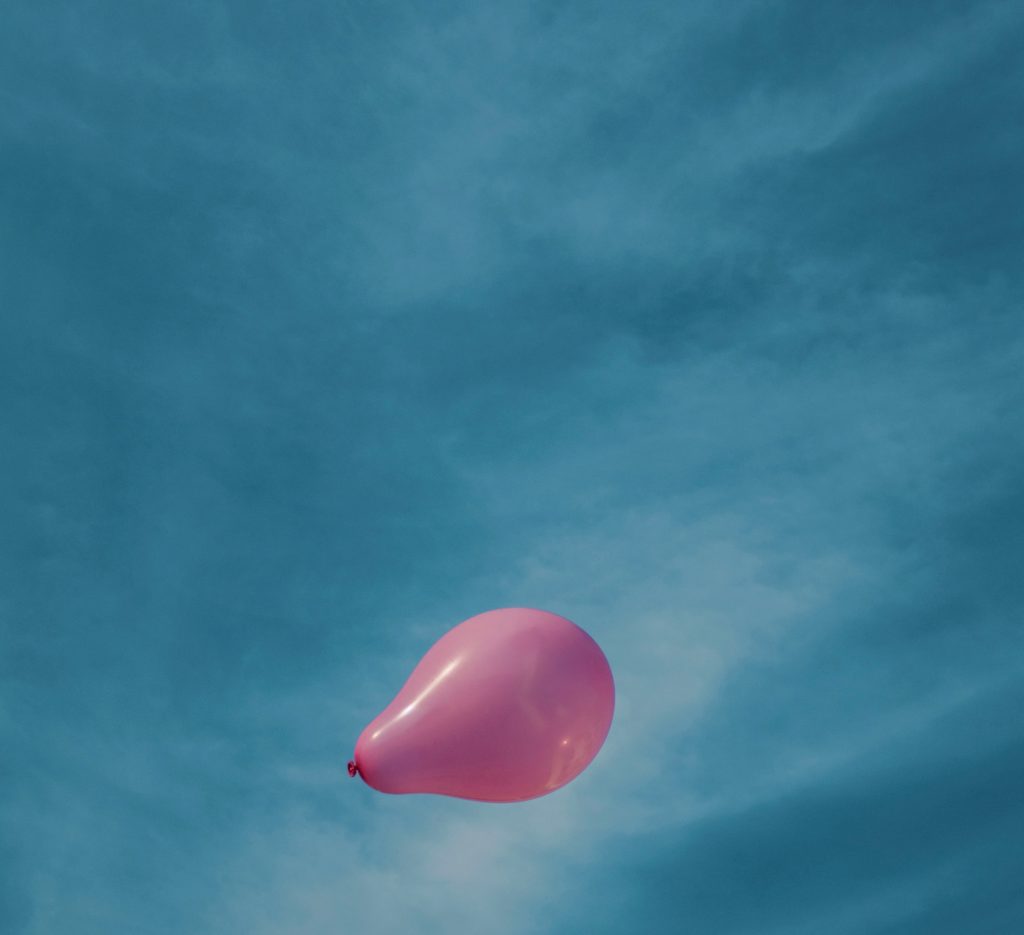
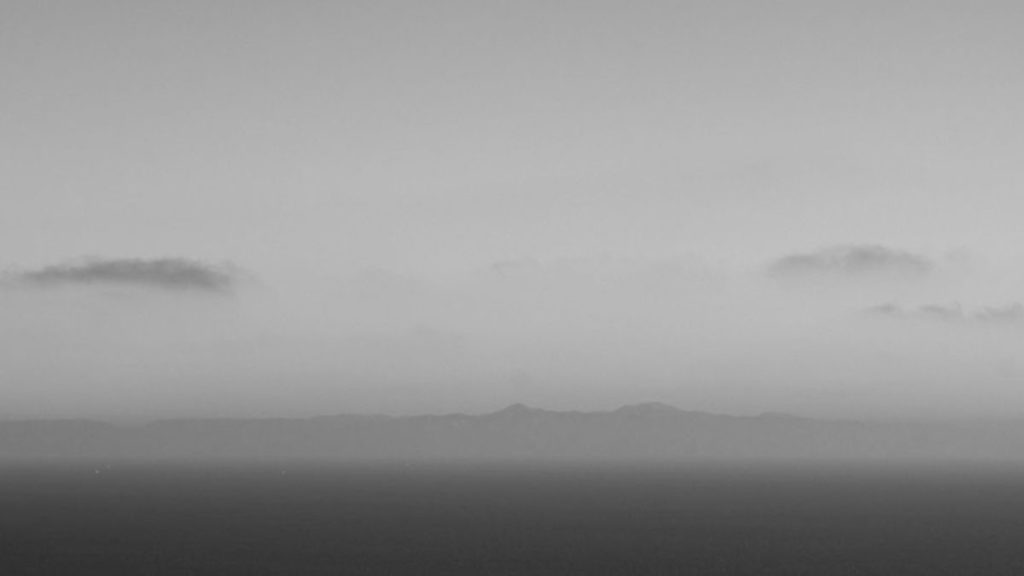
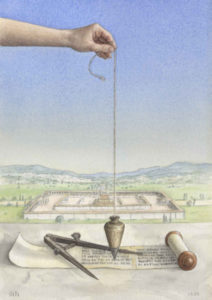
 For everyone.
For everyone.